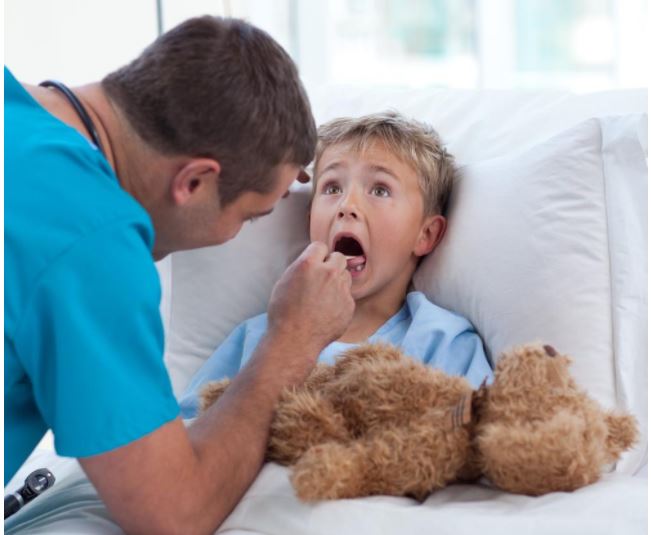A streptococcus epidemic has hit Croatia: These are the symptoms by which you will recognize the infection
In Croatia currently, as many as three winter infections affect health. Namely, the coronavirus and the flu joined them this winter bacterial streptococcal infection, which has not been increasing in the last 15 years, and during the years of the pandemic, not a single death was recorded because there were no patients with invasive streptococcal infection.
However, according to the data of Croatian Institute of Public Health (HCPI), from the beginning of September last year to the middle of January, 3.502 people fell ill with strep throat and 965 with scarlet fever, and as many as 12 people fell ill with invasive streptococcal diseases including sepsis and meningitis, of which four died and this number is increasing day by day. increases.
What is strep?
We are talking about bacteria that are widespread in nature, and 103 types of streptococci have been discovered so far.
Group A Streptococcus is a bacterium that occurs frequently, many people carry it in the throat (germ) and on the skin (colonization), sometimes in the anogenital tract, and it does not always result in the development of the disease.
If the disease develops, group A streptococcal infection usually manifests itself as a mild disease that manifests itself with a sore throat, i.e. is. with angina, along with other symptoms (increased body temperature, difficulty swallowing, enlarged lymph nodes), but streptococcus can also cause a range of infections of the respiratory tract, skin and soft tissues, such as scarlet fever, impetigo, cellulitis (skin infection) , erysipelas (a type of cellulitis) and inflammation of the lungs, writes the Epidemiology Service of The Teaching Institute for Public Health "Dr. Andria Stampar".
Group A streptococcus is the most common cause of bacterial pharyngitis (inflammation of the pharynx/throat) in children and can be isolated from approximately 20 to 30 percent of children with pharyngitis. Streptococcal pharyngitis occurs most often in children between the ages of 5 and 11 and in the winter and early spring months of each year. The occurrence of the disease is often observed in kindergartens and schools.
The infection is mostly transmitted through close contact between people, respiratory droplets of sick people when they talk, sneezing, coughing and direct contact with damaged skin. It can also be transmitted indirectly, through contact with objects contaminated with secretions of the infected, such as objects that are frequently touched by hands (door handles, faucets, toys, etc.).
How is it treated?
Streptococcal angina is diagnosed by microbiological examination, bacterial culture from a throat swab or rapid antigen test, and is treated with antibiotics and symptomatic therapy.
In rare cases, patients after infection may develop post-streptococcal complications, such as: rheumatic fever and glomerulonephritis. Sometimes, as part of the streptococcal infection, an invasive form of the disease develops, as a result of the penetration of streptococci deeper into the body and bloodstream, which requires appropriate hospital care.
As informed by the Teaching Institute for Public Health "Dr. Andria Štampar", like every winter (except for the last two pandemic years), this year too there is an increasing number of people suffering from streptococcal infections, mostly among children. The occurrence of all respiratory infections, including streptococci, encourages the accommodation and stay in poorly ventilated rooms, where many people stay.
In order to reduce the number of sick people, it is necessary to ensure that every person with symptoms of streptococcal disease does not come to the collective, to strengthen the hygienic measures of the environment (ventilation of the premises, cleaning and disinfection of toys and other measures) and to hygiene measures (hand washing and respiratory hygiene) have been strengthened. Skin wounds should be properly cared for and covered with plasters.
Any sick person should contact their doctor or pediatrician, to determine the confirmation of the disease and to carry out appropriate treatment.



